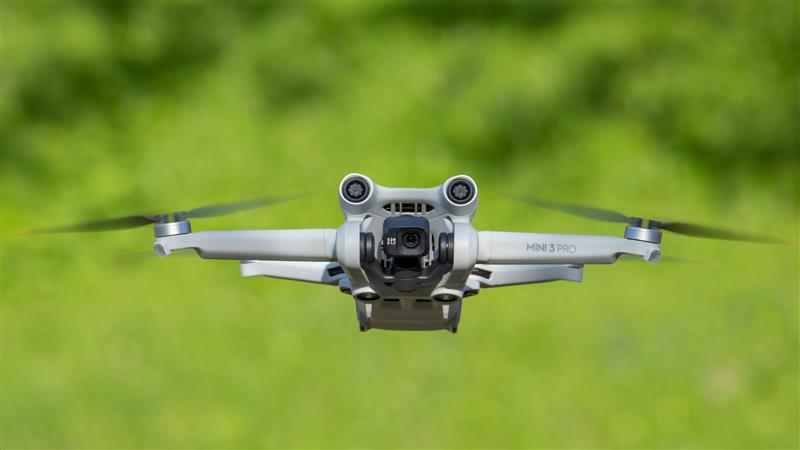
DJI drones, the world’s biggest drones’ manufacturers, may be largely banned from selling devices in the US with a December 23 deadline looming, with the Chinese manufacturer awaiting the beginning of a national security review that will determine its future in the US.
DJI, has been under scrutiny by the US ever since being listed on a Department of Commerce entity list in 2020. Now, new measures by the US government could make things worse, including a new rule from the Federal Communications Commission (FCC).
If no agency completes the audit by the deadline, DJI drones such as the Mavic 4 Pro and Avata 2 could vanish from American shelves.
Tightening Grip on Chinese Drone Tech
A decision tied to the FCC DJI ban came after a recent 3–0 vote to hold new powers to block, or ban, communication devices that pose security risks.
The decision adds to Washington’s growing effort to enforce a broader Chinese drone ban, reflecting fears that foreign-made technology could access sensitive data. DJI’s market dominance has made it a primary target in this discussion.
Experts said it underlines attention on DJI data security as US officials fear that its drones might share flight data or images without user knowledge. DJI denied such allegations, stating that user data stays secure and protected.
However, some lawmakers have raised continued concerns about potential ties between the Chinese government and DJI, pointing at laws in China that may force companies to cooperate with state intelligence services. DJI still insists it operates independently and adheres to global privacy standards.
Other opinions claim that banning DJI could hurt the filmmaking, building, and farming industries that rely on its drones. Losing DJI’s reasonably priced and accessible products would create gaps in many professional sectors.
Also, lawmakers have raised concerns about DJI banned in the US, because it could cause disruptions to emergency services, environmental monitoring, and delivery startups. These groups relied on DJI drones for quick, safe, and affordable operations.
In the meantime, the debate extends to broader competition among Chinese drone vendors. While the US pushes for greater technological independence, local companies are trying to fill the gap but struggle to match DJI’s engineering quality.
The tightening regulations are also part of a broader shift in US drone regulations, aimed at reducing the use of foreign technology and encouraging the development of more secure domestic options.
Can Transparency Grow with Pressure?
DJI says it has repeatedly asked the US government to start the audit process.
“The US government has every right to strengthen national security measures, but this must go hand in hand with due process, fairness, and transparency,” said Adam Welsh, DJI’s head of global policy.
The situation has wider ramifications on the commercial drone market. Its absence could cause delays and increased costs for businesses reliant on drone-based operations. Following what tech analysts say, the debate has an impact on national security, since it reflects a growing link between cybersecurity and consumer drones, with governments prioritizing privacy against innovation.
Many users are now considering alternatives to DJI drones, but few options offer the same balance of quality and performance at an attractive price. Without action on the audit, uncertainty will remain for hobbyists and professionals alike.
With the deadline looming, the future for DJI drones in the US remains uncertain, a test for DJI national security.
Inside Telecom provides you with an extensive list of content covering all aspects of the tech industry. Keep an eye on our Tech sections to stay informed and up-to-date with our daily articles.